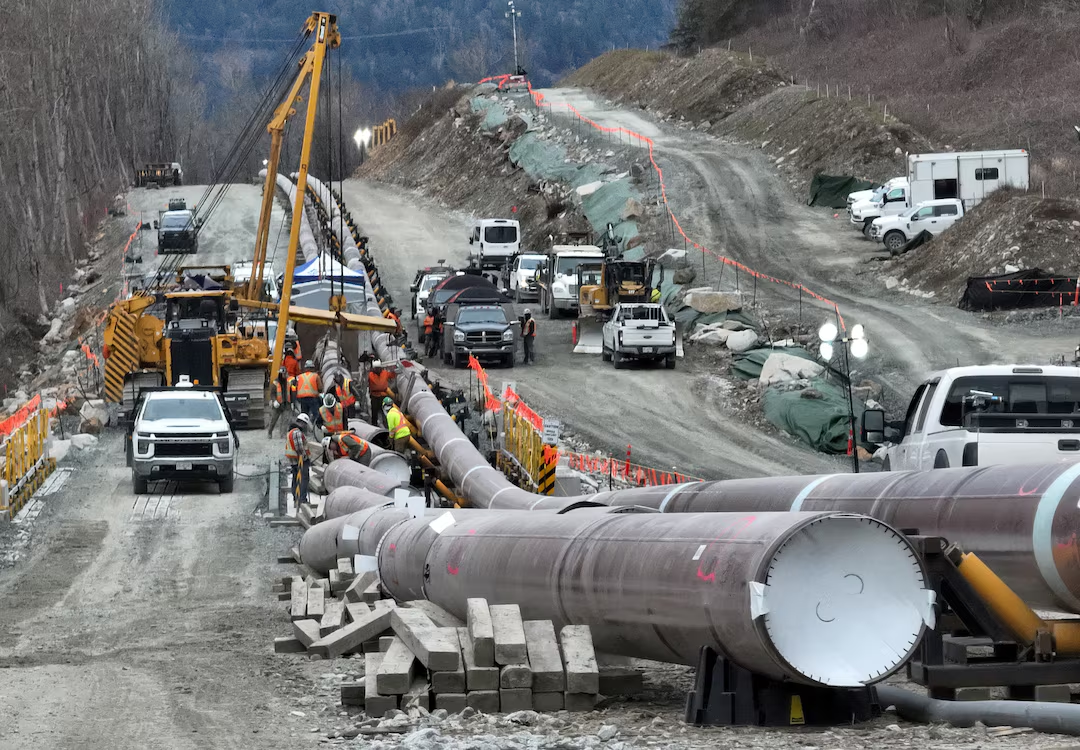Prime Minister Justin Trudeau has made a bold decision by approving the expansion of the Trans Mountain Pipeline. This project aims to increase the pipeline’s capacity to carry crude oil from Alberta to the coast of British Columbia threefold. The choice reflects a larger plan to balance economic growth with environmental responsibilities.
Details of the Expansion
The $6.8 billion project run by Kinder Morgan will boost the pipeline’s capacity from 300,000 to 890,000 barrels daily. This will help Canadian oil producers reach global markets more easily, especially in Asia, by allowing exports through the Vancouver port.
Trudeau mentioned that this project will create many jobs, increase export chances, and generate funds that can be used for clean energy and innovation.
Balancing Economy and Environment
The approval of the Trans Mountain expansion is paired with the rejection of the Northern Gateway pipeline. This shows the government’s effort to balance economic growth with environmental care. Trudeau highlighted that this decision supports Canada’s climate goals, including the Paris Agreement, while also backing the energy sector’s importance to the economy.
Divided Opinions
The announcement has received a variety of responses from people all over the country.
- Supporters, such as Alberta Premier Rachel Notley and various industry leaders, believe the pipeline is essential for Canada’s energy industry, which faces challenges from low oil prices and restricted market access. Notley stated that this project is crucial for the workers and families in Alberta.
- Opponents, including Indigenous groups, environmental organizations, and some residents of British Columbia, have expressed significant concerns. They highlight the possible dangers to the environment, especially regarding coastal ecosystems and water sources. Greenpeace Canada condemned the decision, labeling it a betrayal of Canada’s climate commitments.
Indigenous Concerns
Many Indigenous communities near the pipeline have expressed worries about not being properly consulted and the danger of oil spills. Trudeau promised to collaborate with these groups to tackle their issues and maintain the highest safety standards for the project.
Economic Impact
The federal government predicts that the project will create around 15,000 new jobs during the construction phase and bring in billions of dollars in revenue over time. This expansion is considered an important move to lessen Canada’s dependence on U.S. markets and enhance its competitiveness in the global energy sector.
Looking Ahead
The Trans Mountain expansion is still dealing with major legal and regulatory challenges, as opponents promise to fight the project in court. Trudeau’s approval is a key moment for Canada’s energy policy, showing the complicated balance of economic, environmental, and social factors in big infrastructure projects.
As the nation observes this project, its outcome could influence the future of Canada’s energy and environmental plans.






